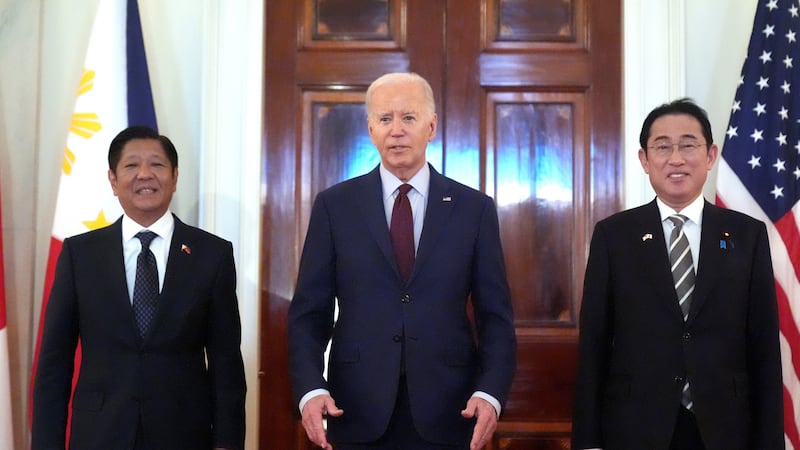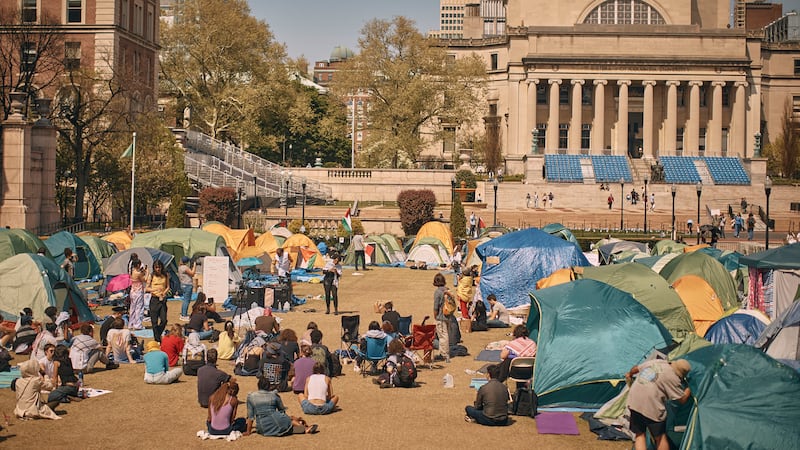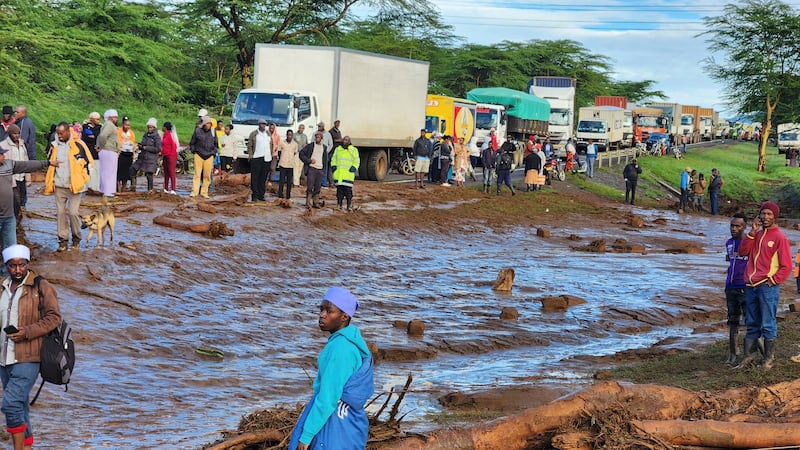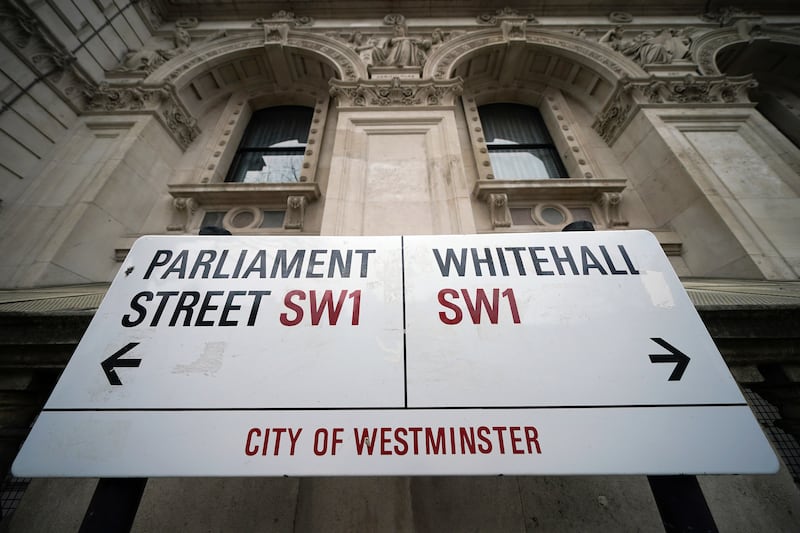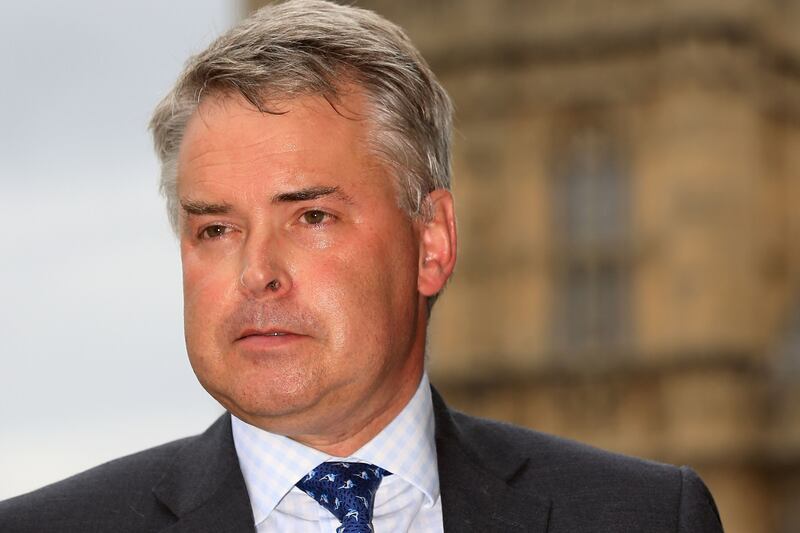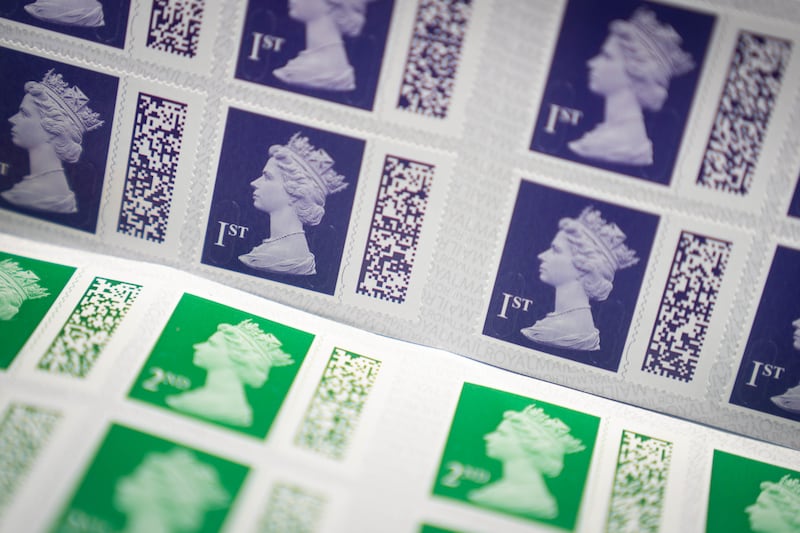President Joe Biden said that US defence commitment to Pacific allies was “ironclad” as he gathered Philippine President Ferdinand Marcos Jr and Japanese Prime Minister Fumio Kishida at the White House in the midst of growing concern about provocative Chinese military action in the Indo-Pacific.
The US and the Philippines have had a mutual treaty in place for more than 70 years.
Mr Biden’s reinforcement of the American commitment comes in the midst of persistent skirmishes between the Philippine and Chinese coast guards in the disputed South China Sea.
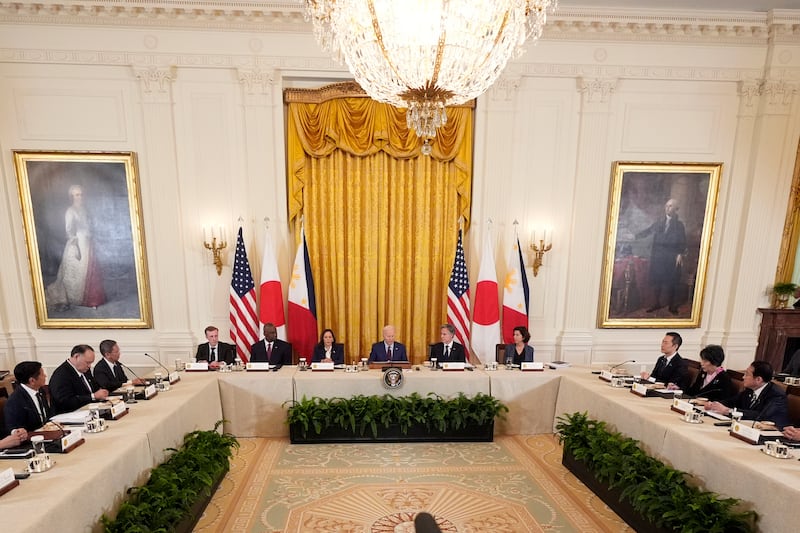
“The US defence commitments to Japan and to the Philippines are ironclad. They’re ironclad,” Mr Biden said as he began three-way talks at the White House with Kishida and Marcos.
“As I said before, any attack on Philippine aircraft, vessels or armed forces in the South China Sea would invoke our mutual defence treaty.”
Relations between China and the Philippines have been repeatedly tested by confrontations involving the two nations’ coast guard vessels in the disputed South China Sea.
Chinese coast guard ships also regularly approach disputed Japanese-controlled East China Sea islands near Taiwan.
The so-called “grey-zone” harassment by China has included shining military-grade lasers at the Philippine Coast Guard, firing water cannons at vessels and ramming into Philippine ships near the Second Thomas Shoal, which both Manila and Beijing claim.
In 1999, Manila intentionally ran a World War Two era ship aground on the shoal, establishing a permanent military presence there.
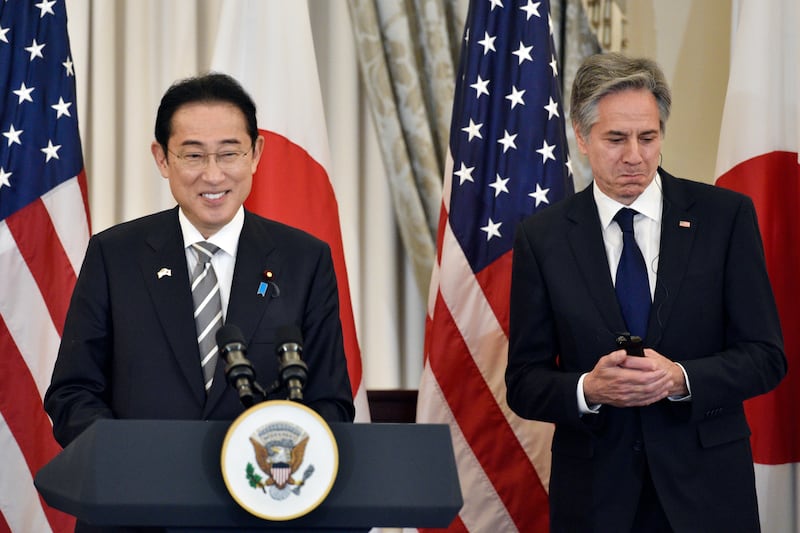
Mr Biden, in a wide-ranging phone call with Chinese President Xi Jinping last week, raised concerns about China’s operations in the South China Sea, including efforts to impede the Philippines from resupplying its forces on the Second Thomas Shoal.
Chinese officials have bristled at criticism over their action in the South China Sea and blamed the US for exacerbating tensions.
“No one should violate China’s territorial sovereignty and maritime rights and interests, and China remains steadfast in safeguarding our lawful rights,” Chinese Foreign Ministry spokeswoman Mao Ning said Thursday.
The White House billed the first-ever trilateral summit with Japan and the Philippines as a potent response to China’s attempts at “intimidation” and said it would send a message that China is “the outlier in the neighbourhood,” according to an administration official.
The White House said in a statement that Mr Biden and Mr Marcos during the talks “underscored their commitment to international law in the South China Sea” and reaffirmed their countries’ treaty obligations to defend each other.
The leaders also announced joint patrols in the Indo-Pacific this year, a follow-up on law enforcement drills carried out last year by the allies in waters near the South China Sea.
The US Coast Guard will welcome Philippine and Japanese coast guard members onto a US Coast Guard vessel during the patrol for training, according to White House.
The summit followed Biden’s one-on-one talks and glitzy state dinner on Wednesday at the White House for the Japanese premier, a diplomatic honour meant to recognise Tokyo’s growing clout on the global stage.
White House officials said they were aiming to send a clear signal that the Democratic administration remains determined to build what it calls a “latticework” of alliances in the Indo-Pacific even as it grapples with the Israel-Hamas war and Russia’s ongoing invasion of Ukraine.
Biden also hosted Mr Marcos for a private meeting at the White House ahead of the three-way talks.
